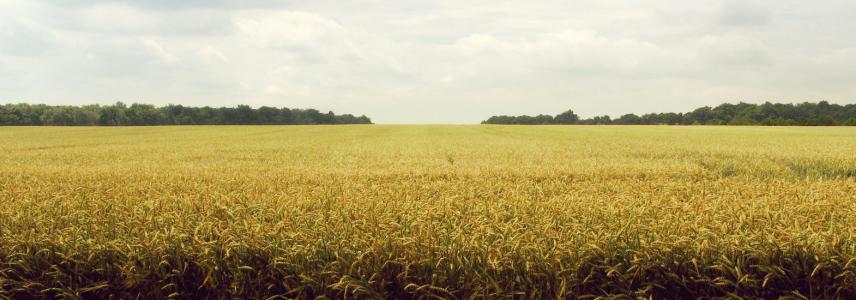New EU organic rules put a mark on small producers of grains and oilseeds

Organically produced food is gaining significant attention in Europe. While it has developed an interesting niche market, the European Union (EU) is implementing stricter regulations on organic agriculture. Since the 1st of January 2025, every organic farmer producing goods for the European market must adhere to these new regulations. These changes could have a significant impact, particularly on small producer groups.
The European market for organic products has emerged as an important niche market. According to the Research Institute of Organic Agriculture FiBL, total retail sales in the EU reached €45.1 billion in 2022. Key imported products included organic oilcakes (220,000 tonnes), soybean (190,000 tonnes), other oilseeds (90,000 tonnes), rice (90,000 tonnes) and various cereals excluding wheat (120,000 tonnes). Furthermore, Europe has set a target of converting 25% of its agricultural land to organic farming by 2030 as part of the Farm to Fork strategy.
EU Regulation
To ensure that all organic products meet the same standards, the EU has implemented Regulation (EU) 2018/848 on organic production and labelling of organic products, as updated on 21 February 2023. The transition period to comply with the new regulation has ended. Since the beginning of this year, all organic suppliers to the EU must adhere to these new rules in organic farming. This change is more likely to impact small producers who typically grow organic specialty grains and oilseeds such as quinoa, chia seeds, sesame, teff and fonio.
The new EU organic rules has placed increased pressure and costs on farmer groups. Organic cultivation and certification demand both knowledge and organisation – support that exporters previously provided to smallholder farm groups. Now that these groups are required to operate now independently, their trade relationships are changing.
New ways to collaborate with farmers
Exporters are seeking new ways to collaborate with farmers, as they are no longer in control and are concerned that their connections to these farmer groups will weaken. To adapt, export companies could shift their focus more toward contract farming. It is essential for them to continue investing in their relationships with farmers to demonstrate their added value.
Farmers must arrange their own certification as a Group of Operators in the new situation. They become a legal entity, and the organic certification will be issued in their name. A new development is that the size of the farm group has been expanded to accommodate a maximum of 2,000 members. Each member is allowed a maximum of 5 hectares of land or €25,000 in turnover. An Internal Control System (ICS) must be established to ensure the organic integrity of the producer group.
Figure: Summarised requirements for a Group of Operators according to the organic regulation
Source: Regulation (EU) 2018/848
Despite these challenges, the organic market presents unique opportunities. There is often a shortage of organic grains and oilseeds. And the changing regulations can make it difficult to maintain a stable supply in the short and medium term. As a result, the value of organic crops is likely to remain high. However, be aware that rising prices due to these shortages could negatively impact consumption.
Main advantages of organic farming
One of the main advantages of organic farming is its collaboration with natural resources, which reduces reliance on chemical inputs. This approach can mitigate climate change and prevent soil degradation. For practical guidance, follow the FiBL Training Handbook on the new EU Organic Regulation for Producer Groups. Additionally, stay informed by participating in CBI’s webinars and reading reports on market requirements for grains, pulses and oilseeds.
Michel Peperkamp (ICI Business) wrote this news article for CBI.
Stay informed
To stay informed on the latest developments in the grains, pulses and oilseeds sector, subscribe to our newsletter.